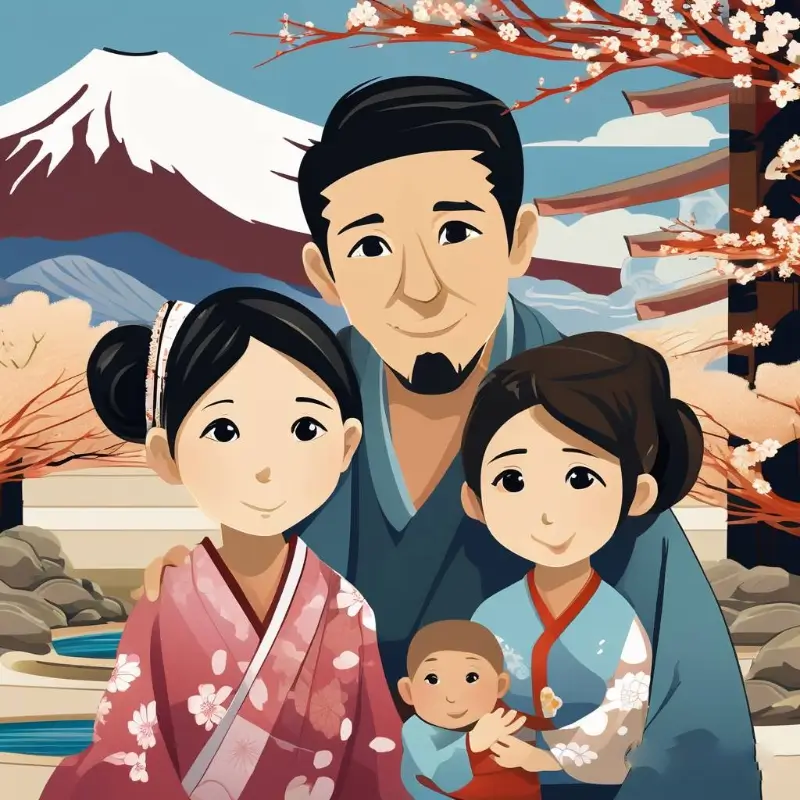why is Japan so polite?
Japanese culture places a strong emphasis on collectivism, respect for social order, and maintaining harmonious relationships, which are reflected in the country’s reputation for politeness. Several key aspects of Japanese society contribute to this behavior:
- Bushido (The Way of the Warrior) : Although bushido is a code of conduct for samurai, its principles have deeply influenced Japanese society. It emphasizes loyalty, respect, and honor, which are also reflected in everyday interactions.
- Education and Socialization: From a young age, Japanese children are taught the importance of proper etiquette and respect for others. This is reinforced through education and social norms.
- Hierarchical Society: Japanese society has a traditional hierarchical structure where respect for elders and superiors is highly valued. This structure encourages polite behavior as a way to maintain social order and harmony.
- Group Harmony (Harmonious Society) : The concept of “wa” or harmony is deeply ingrained in Japanese culture. Polite behavior helps to avoid conflict and keep the group functioning smoothly.
- Face Culture: In Japanese culture, “face” or “saving face” is important. People often avoid direct confrontation or negative expressions to preserve the dignity of themselves and others.
- Language: Japanese language itself is rich in honorifics and respectful expressions. Using the right language and honorifics in conversations is a way to show respect and politeness.
- Confucianism and Buddhism: Both philosophies have had a significant impact on Japanese culture. They emphasize the importance of respect, morality, and proper conduct.
It’s important to note that while Japan is often seen as very polite, it does not mean that all Japanese people are always polite in every situation. Behavior can vary widely among individuals and circumstances, just as it does in any other culture. However, the cultural emphasis on politeness is a noticeable aspect of Japanese society.



